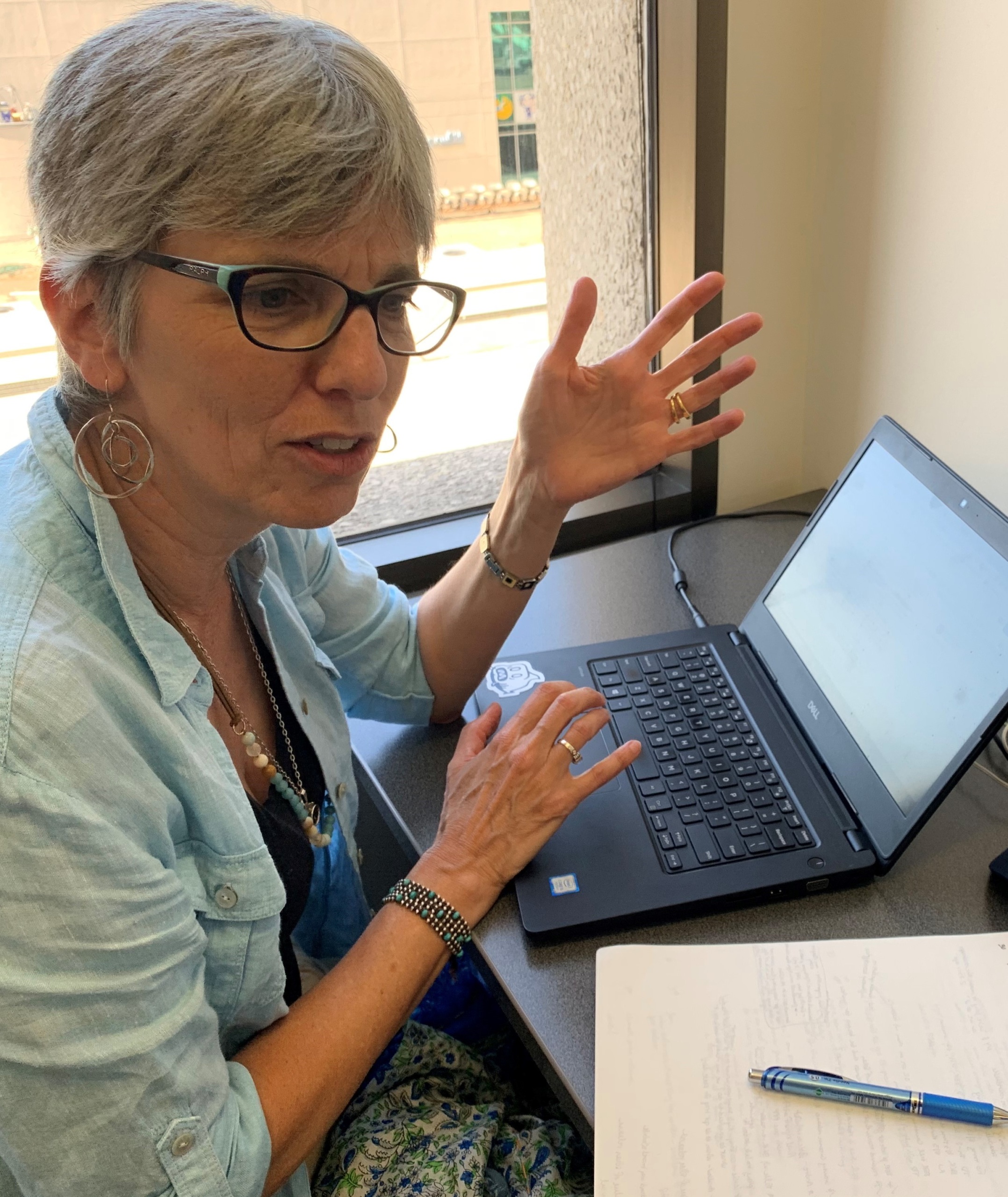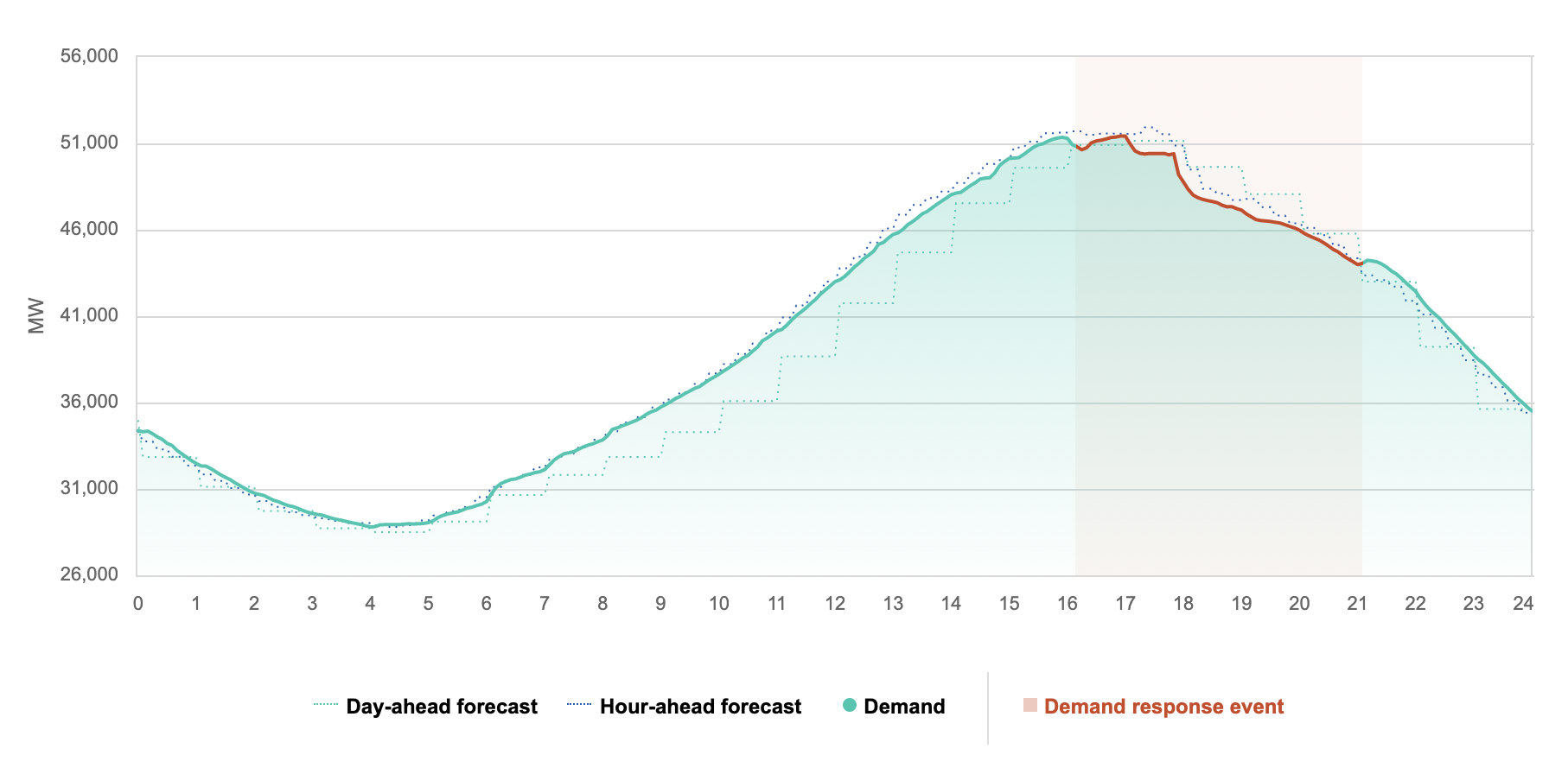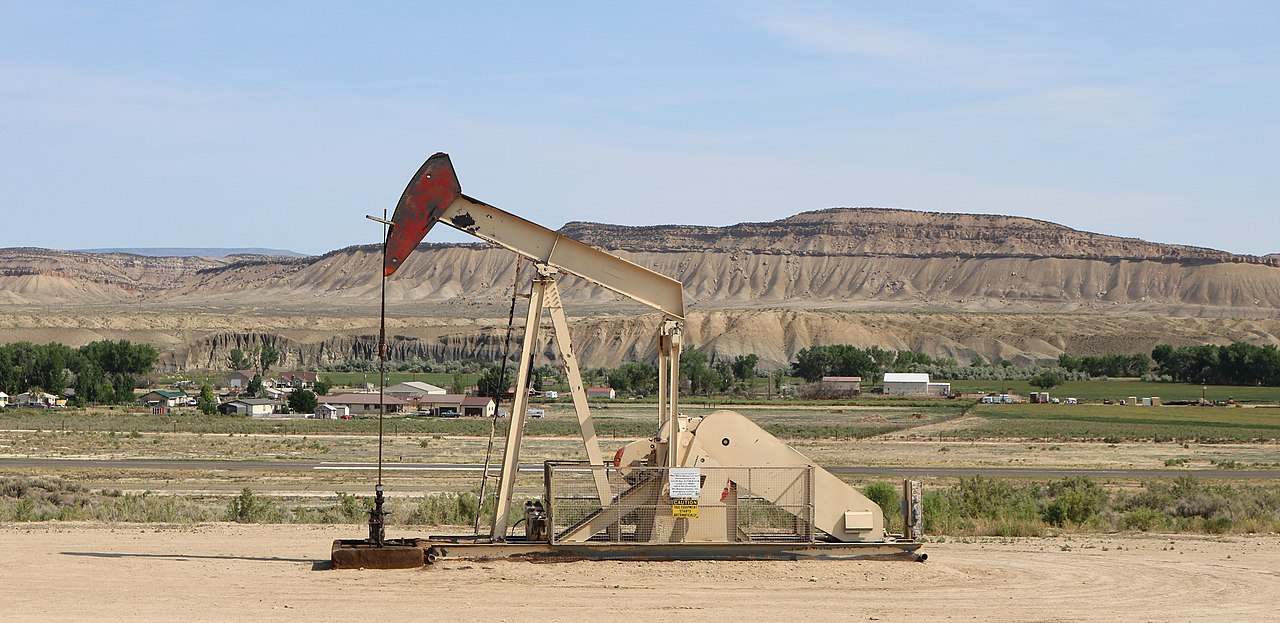
California has even more potential to flex our power

On Tuesday, September 6, California temperatures broke records across the state.
Just before 6 p.m. my phone blared an alert letting me and all Californians know that the power grid was stressed to the max, and we should turn off lights and major appliances. And it seems many Californians heeded the call, because virtually no one* lost power to a rolling blackout last night.
In a short-term emergency, when we are asked to help solve problems, we can and we do. And a collective effort to flex our conservation muscles is, in my book, a very good thing. As we make the transition away from fossil fuels to clean and renewable energy, it’s rational to expect that there will be hiccups as the grid adapts to both new sources of power and increasingly extreme weather events. We’re all going to be called on to participate in more of these collective exercises. There’s not really time for drills.
So I’m glad we did so well yesterday, as a society.
But it would be really great if we did that well every day.
The cleanest energy is the energy we never use. If I don’t turn on that appliance, I don’t need the fossil fuel or nuclear plant – or even the wind turbine or solar panel or battery – to supply it with power. Reducing demand helps with achieving a truly clean electricity supply faster, because we won’t need to build as much clean energy to replace the dirty power plants that we must quit using. This means less pollution from energy development, more open space undisturbed, and a better chance of survival for countless species.
And there’s no major infrastructure required to cut our electricity use. So it’s also the fastest way to make a difference.
It’s not that hard, as we practiced yesterday, to live without turning things on for several hours. But there are even easier ways to conserve energy.
Consider office buildings. Yesterday I spoke with two people who were working in office buildings to escape the hot home offices where they usually work. Both buildings were mostly empty. Both were cooled throughout to 72 degrees, and no one in the building had the power to adjust the thermostat. And in both buildings, that 72 degrees is steady, all through the day and night.
Air conditioning pulls less power when the thermostat is set to a higher temperature. If we were to get serious about energy conservation, our business thermostats would be set higher in the evenings and at night, when offices are empty.
Consider automobile lots. When I drive by a car dealership at night, I can’t see the stars. I understand that the goal is to keep vandals away from the cars and homeless people from camping in the lot. But does that really require blinding light? Could we just turn some of the lights off? Or install motion sensors so that the lights go on only when someone is in the lot? Same goes for parking lots; motion sensors could do a lot of the work for us, at a fraction of the energy expense.
Consider “passive solar” – the practice of closing windows and blinds on the hottest sides of the house while the sun is beating on them. I learned about passive solar at a retreat at a former monastery in France in the mid-90s; my fellow travelers from the US could not believe that by closing the windows and blinds, you’d make things cooler… but it worked. Less hot air coming in meant more cool air inside. The old stone walls obviously helped – so educating people about insulating their homes and providing incentives for that would not hurt either.
These are just three low-resource things we could do to conserve energy. As yesterday’s emergency alert showed, many Californians are more than happy to do their part. I’d like us to use the resolve that we displayed last night to help in the crunch to make the next crunch less likely to happen at all.
*A few neighborhoods in a few communities did lose power, due to miscommunication with the grid or other problems – but not to rolling blackouts.
Topics
Authors
Susan Rakov
Research Director, Environment America; Executive Director, Frontier Group
Find Out More

Is all computing worth doing?

We have the tools to get off oil. Why haven’t we used them?

Frontier Group at 25: A clean energy future

